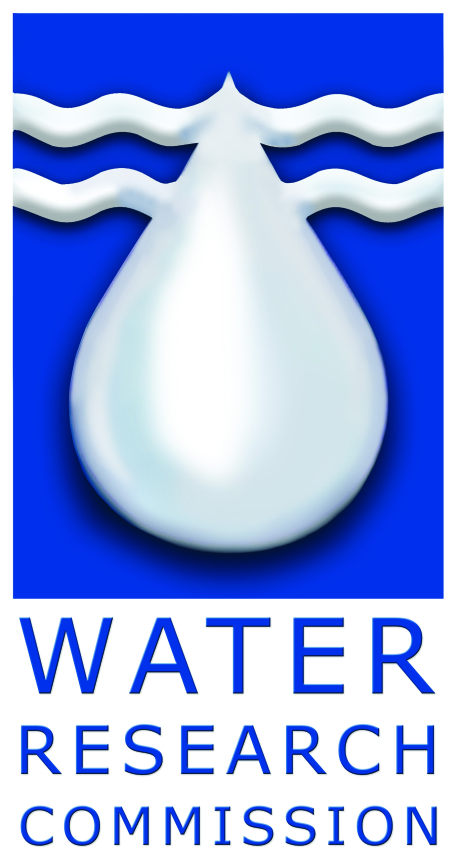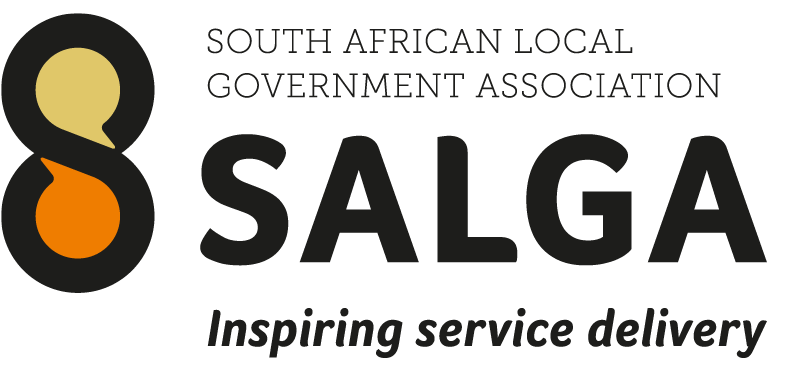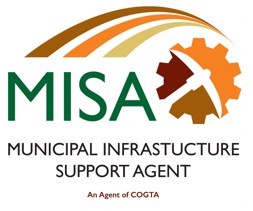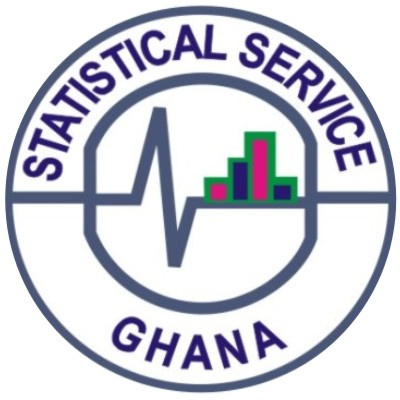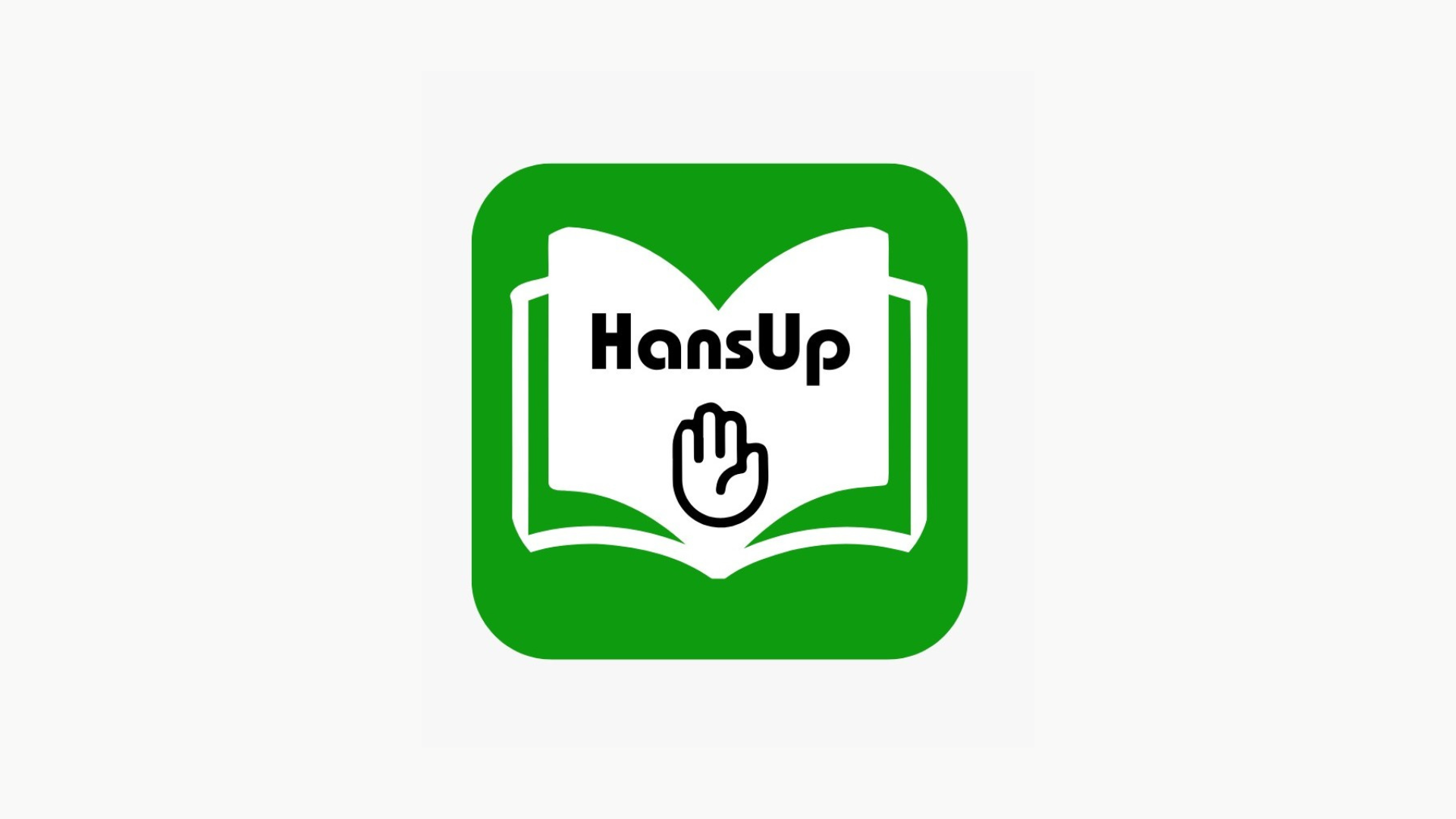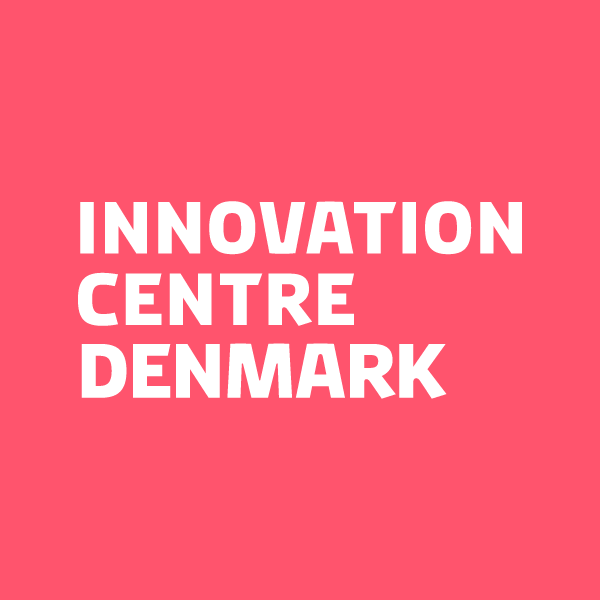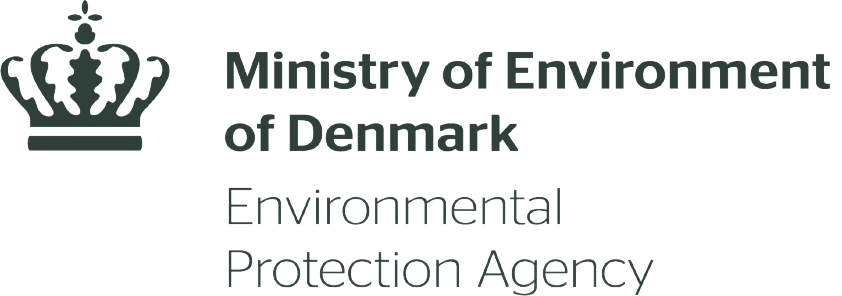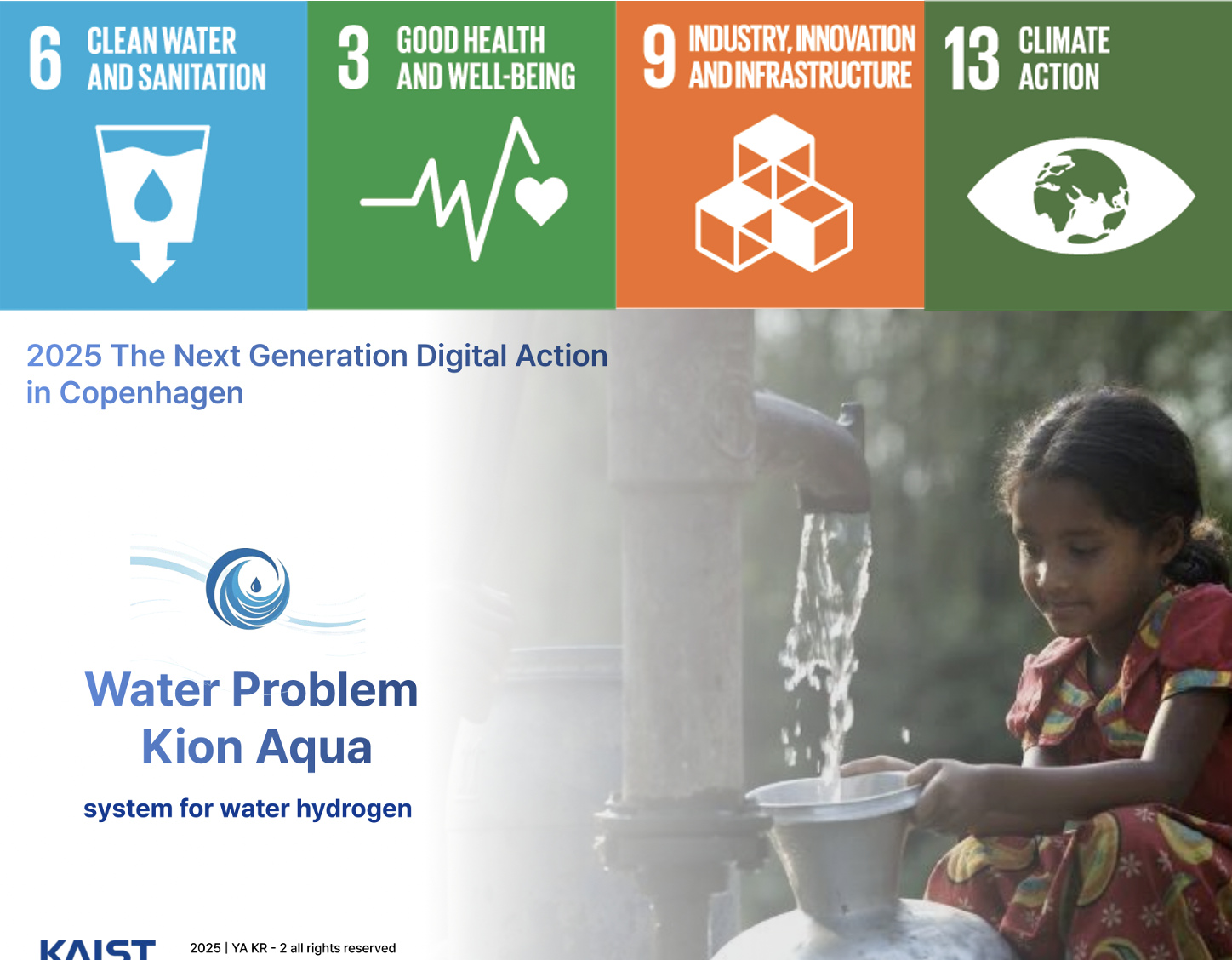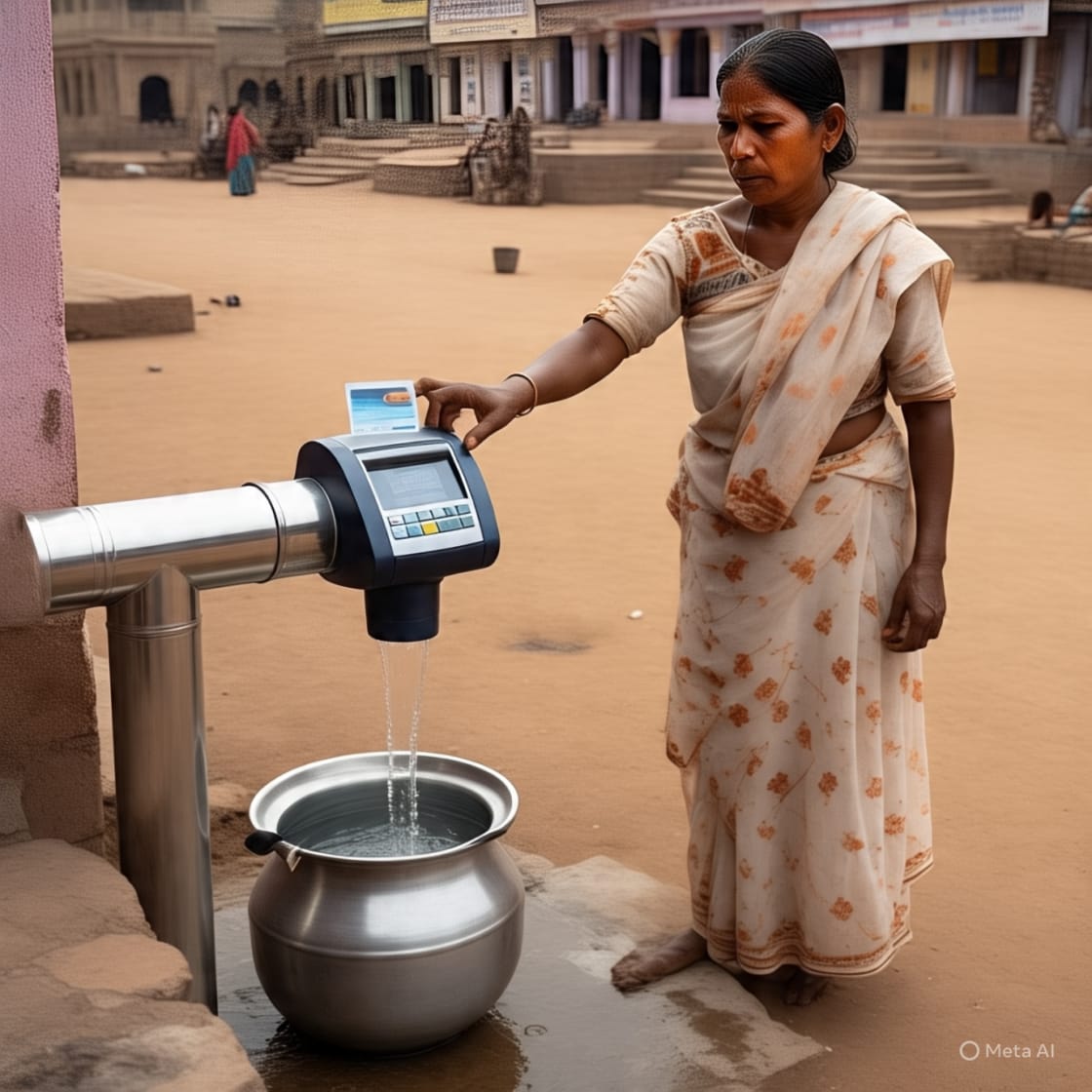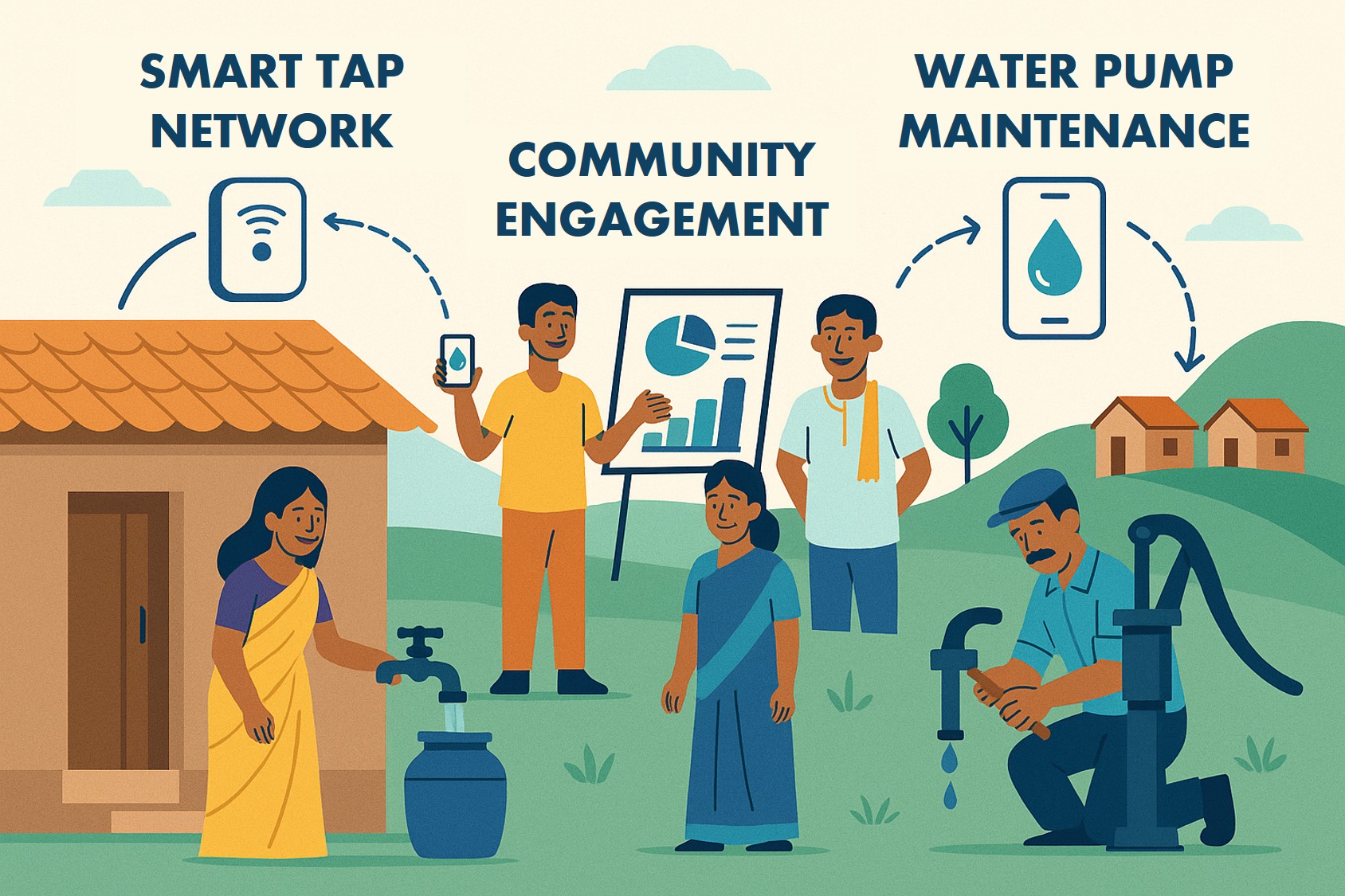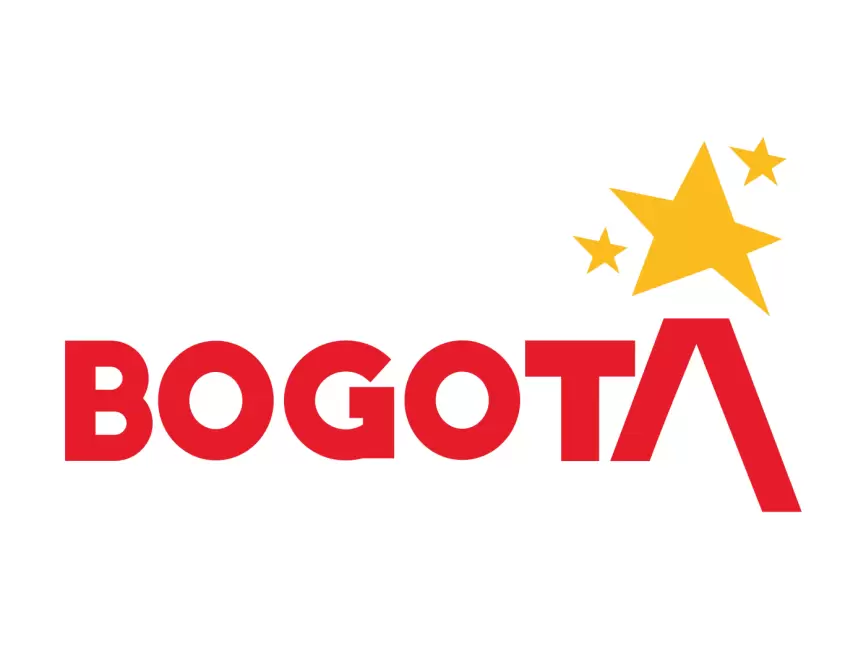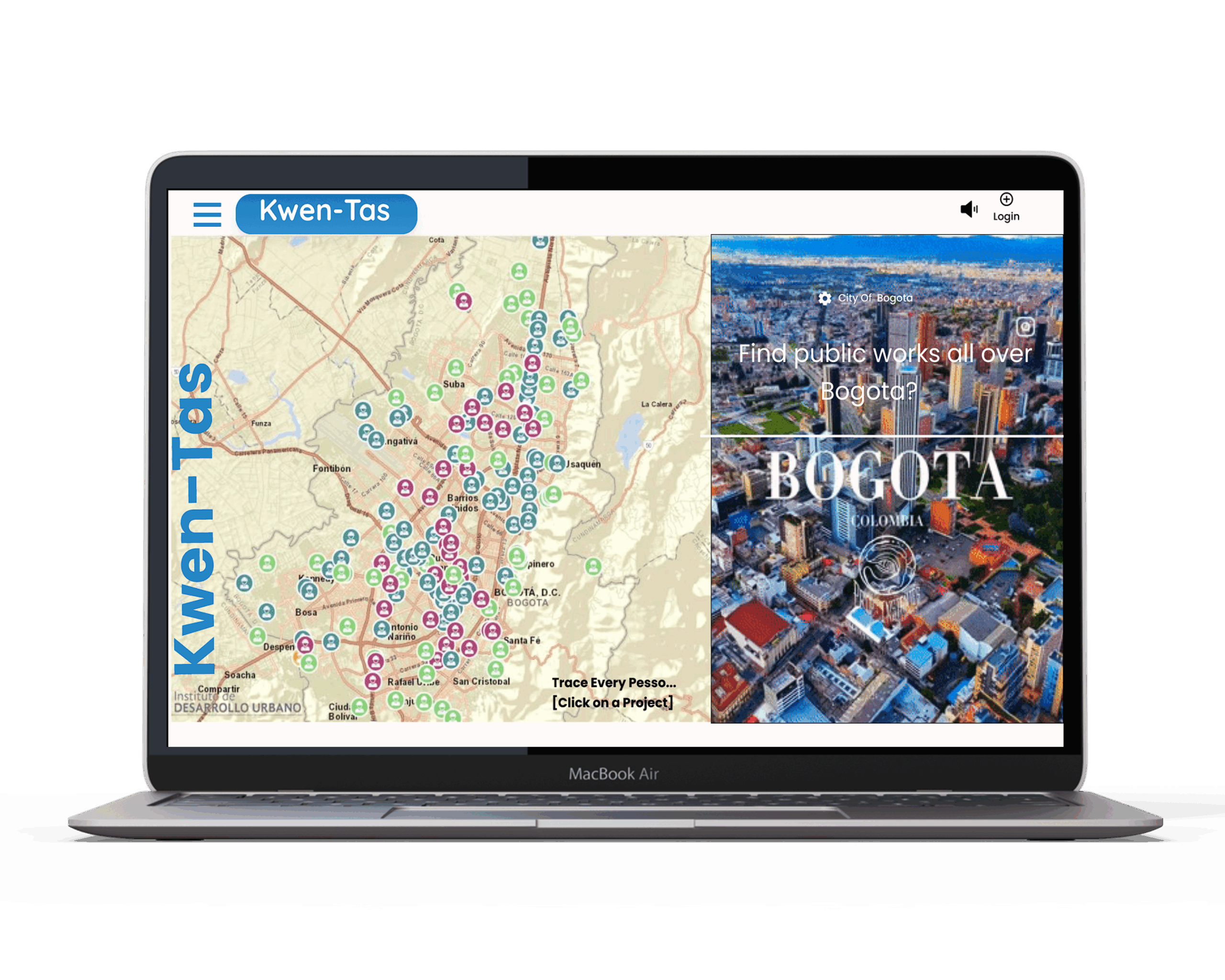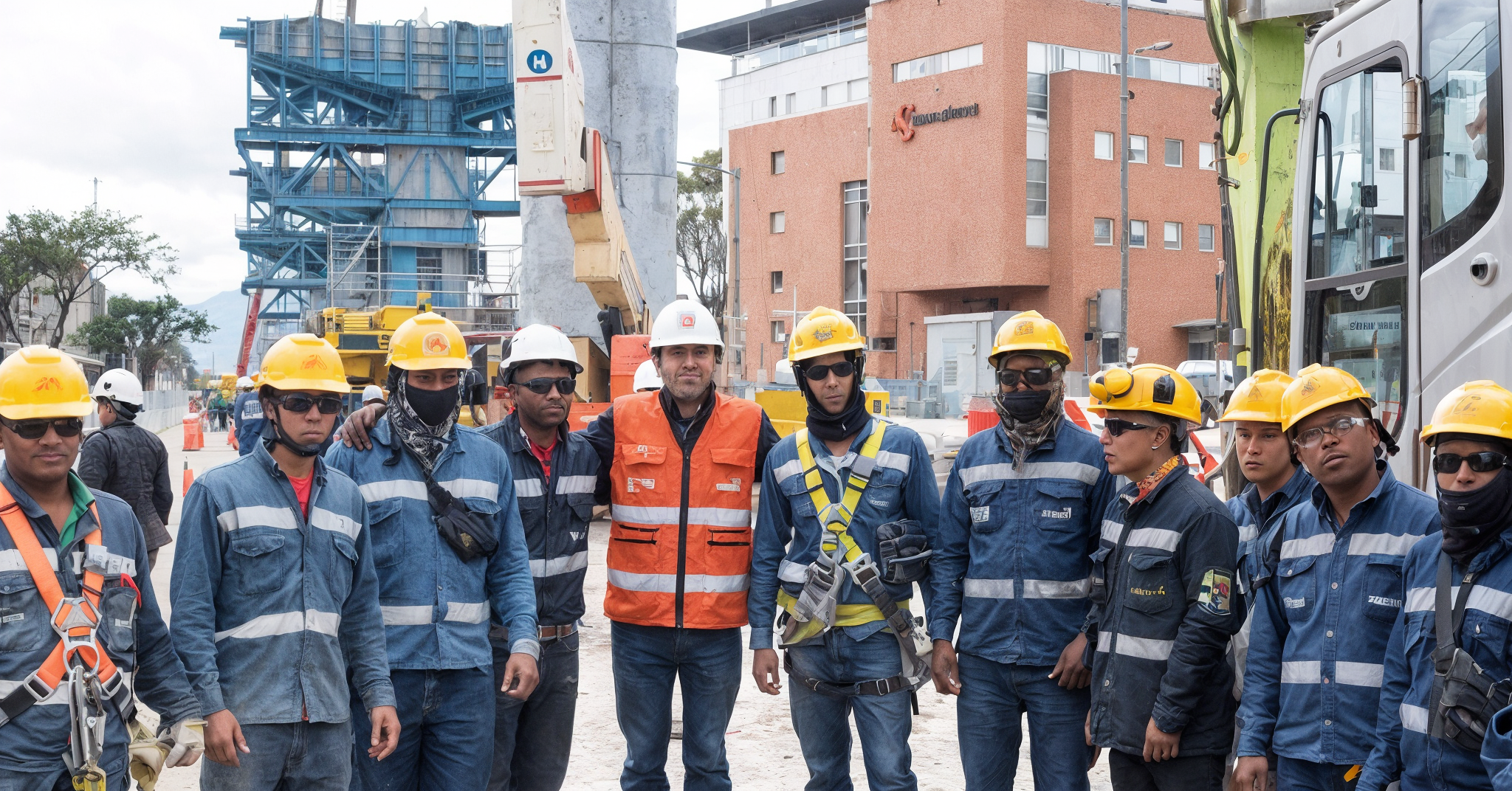Young Academics Track
Students teams from Denmark, Korea, India, Kenya, Tanzania, South Africa, Ghana, Colombia, Mexico and USA will be selected to join this unique and exiting innovation journey
Solution blogs are under development, and final versions will be published by 14th of September.
Challenge-based Learning
The Young Academic Track focuses on challenge-based learning, where university students from partnering countries work in teams to develop their ideas and solutions to one of 6 sustainability challenges. The sustainability challenges are brought forward by global partners and the selected student teams will be provided with a detailed challenge brief along with direct contact and mentorship from the challenge partners.
More info
Program
The Young Academics Track takes students through an innovation journey consisting of a 3-week hybrid development period and a week together in Copenhagen sharing ideas and perspectives, and joining the Digital Tech Summit.
Development
During the 3-week development period, the students develop solutions to given sustainability challenges. The process is divided into four phases; Scoping, Ideation, Execution, and Delivery.
During the Scoping phase, the student teams challenge the given challenge, gaining a deeper understanding of it and identifying which aspects of the challenge they want to address.
During the Ideation phase, the student teams generate different solutions to their chosen scope.
During the Execution phase, the student teams consolidate their ideas into a single concept.
During the Delivery phase, the student teams test and further specify their concept before delivering a blog post describing their final solution.
Summit
Student teams and supervisors are invited to Copenhagen for an eight day program joining workshops, visiting local partners and sharing their ideas at the Digital Tech Summit.
Main objectives
The tracks main objective is to equip students with key competencies to work with external partners in a semi-facilitated global innovation journey to turn a sustainability challenge into a solution that they will pitch and present at an international congress for feedback and acceleration.
Learning objectives
A student who has met the objectives of the track will be able to:
- Demonstrate an understanding and application of an innovative and entrepreneurial mindset
- Select and apply adequate methods and tools for working in the different stages of an innovative development process
- Explain and apply the principles of universal design
- Contribute with own disciplinary background in the different stages of the innovation process
- Develop and test prototypes to validate technical and business hypotheses
- Create a business plan and make a pitch
- Create a plan for congress participation and inviting for partnerships
- Give and receive constructive and appropriate feedback to and from team members and international teams
- Communicate the design of a fitting innovation concept in relation to the problem at hand to relevant stakeholders
- Present and drive forward ideas into an international congress
Challenge 1
Reshaping existing infrastructure to nature-positive urban areas

How might we leverage digital technologies to better facilitate integration of nature-based solutions in existing infrastructure?
-
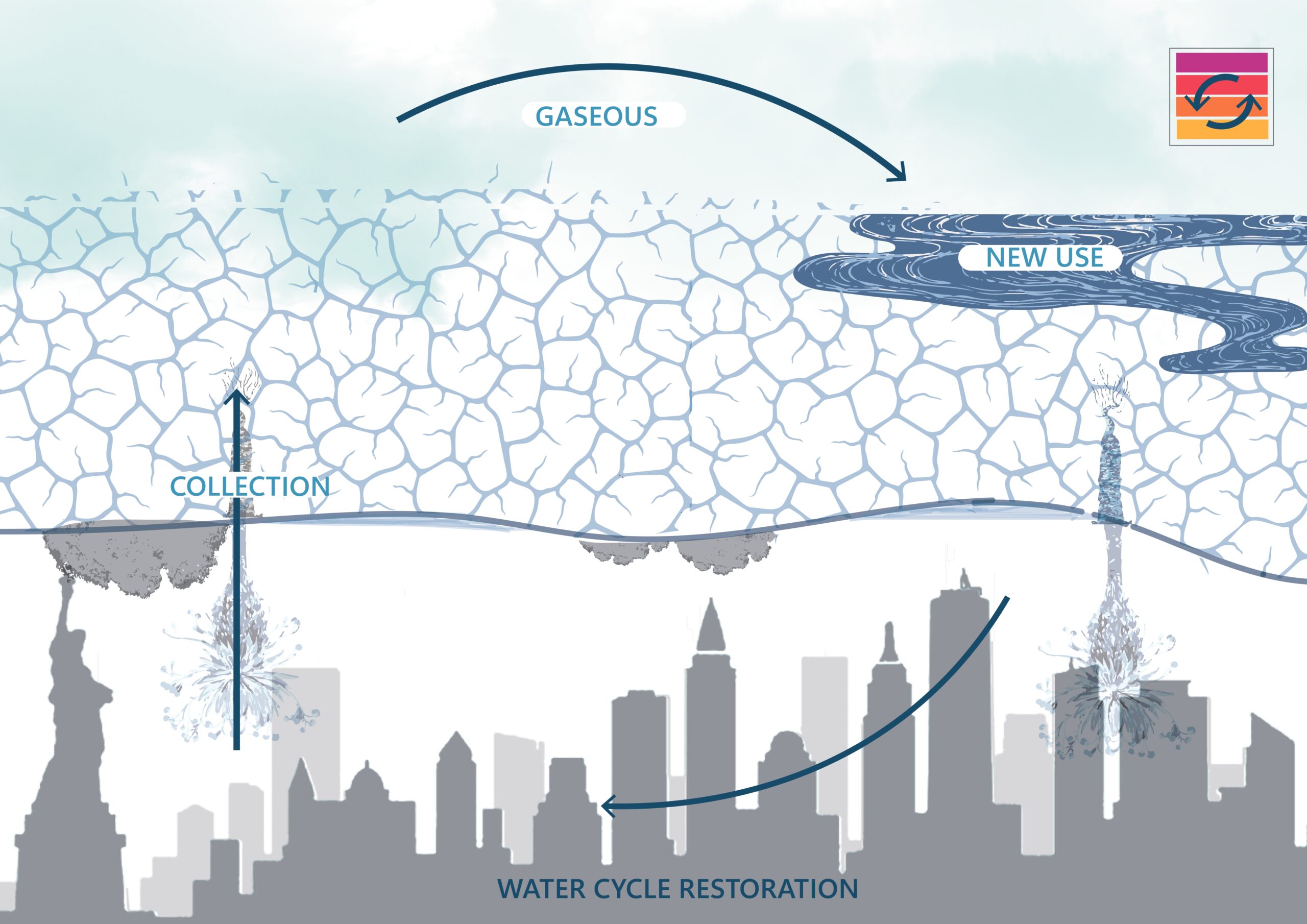
H2Up: Restoring the Water Cycle at the Brooklyn Navy Yard
Water: it’s not a resource, it’s a living being. Introduction Issue at… ➔
-
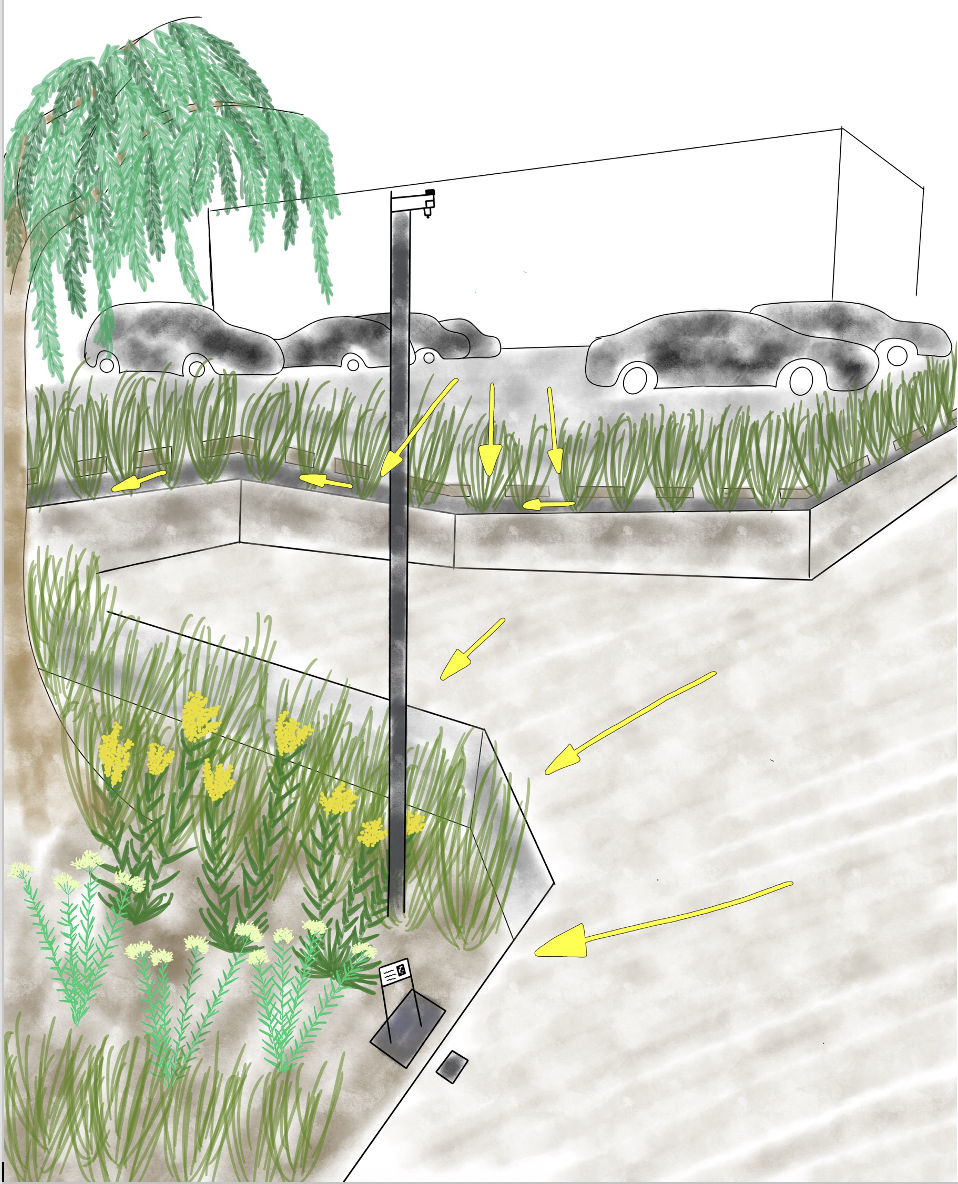
US 1 -The Brooklyn Navy Yard Water Dashboard
Who are we? We are three New Yorkers who are interested in… ➔
-

From Passive to Active: How RefshaFlow is Revolutionizing Urban Flood Management
By Allan Masibo, Victor Munene, David Githinji, Caroline Jelagat, Sheila Gatwiri What… ➔
-

Designing Climate-Resilient Cities — With Nature and With People
Climate change is reshaping our cities — with heavier rains, rising seas,… ➔
Challenge 2
Tracing Aflatoxin in agricultural produce
-
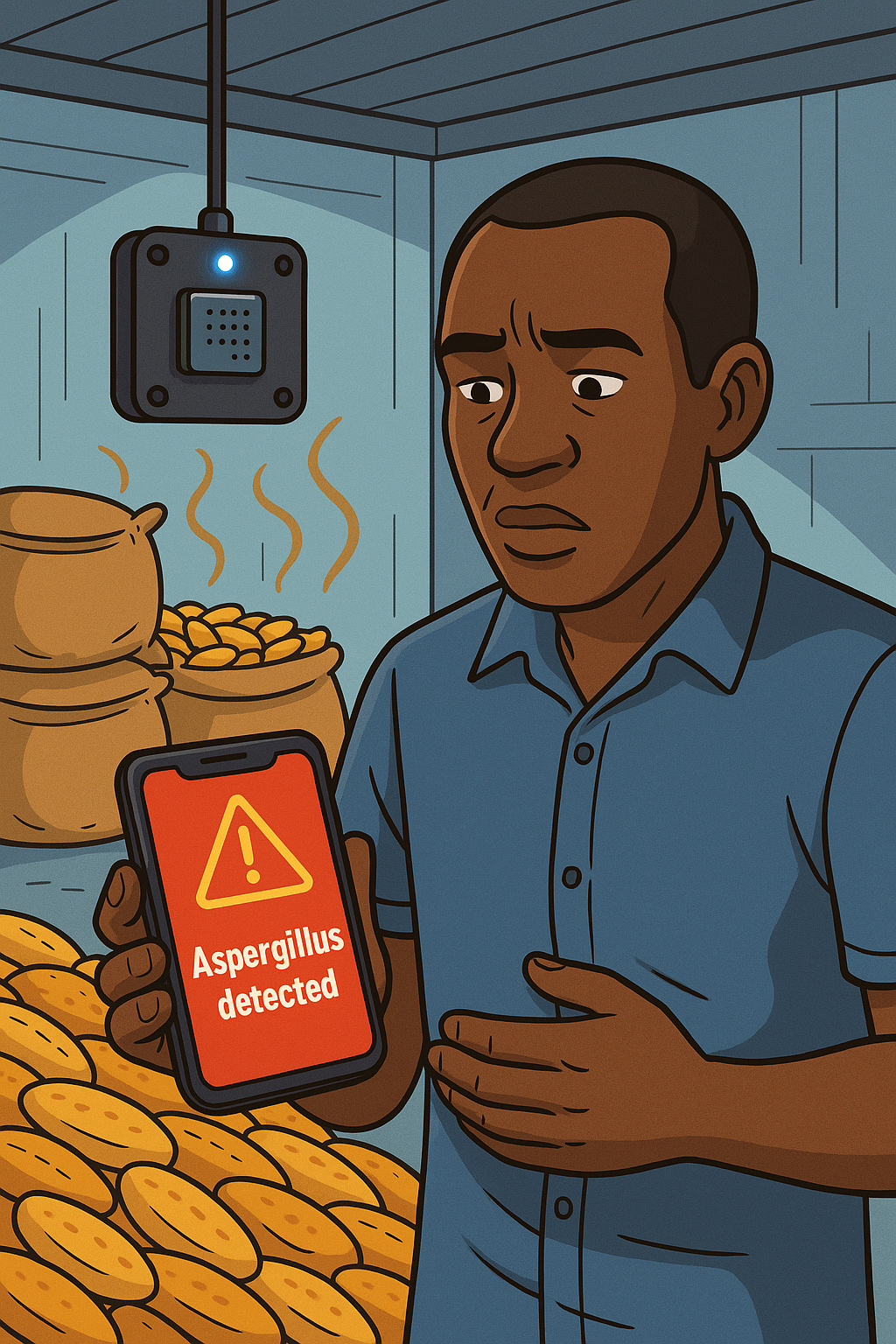
GrainGuard: An Early Warning System for Aflatoxins – DK 5
Introduction Every year, crops across Africa and beyond are lost in storage.… ➔
-

Kenya 2-Afla-Dry 360°:The Digital Shield Against Aflatoxin
Introduction Food safety assurance among staple crops, such as maize, is a… ➔
-
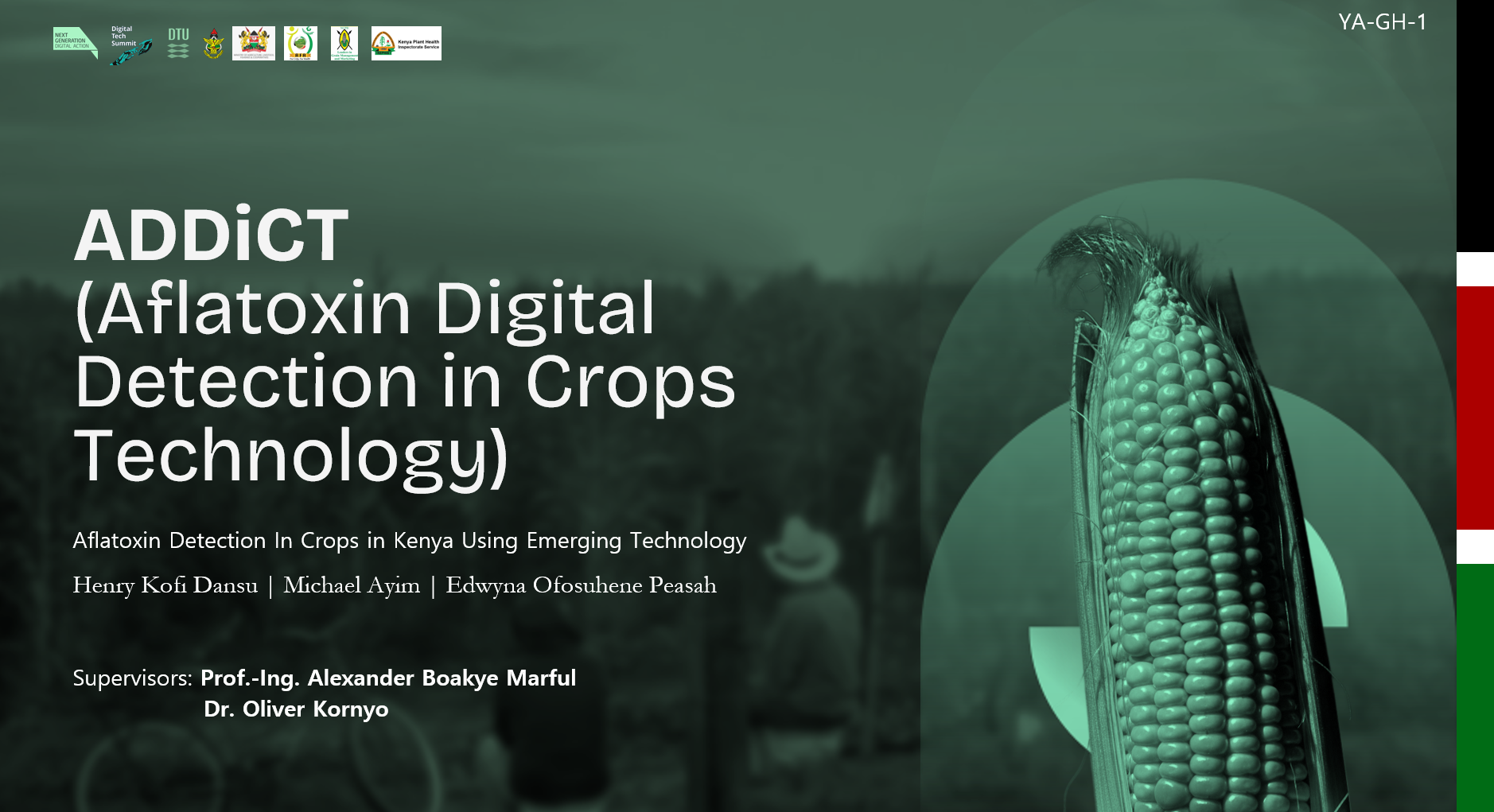
Ghana 1 – ADDiCT Aflatoxin Digital Detection in Crops Technology
INTRODUCTION Aflatoxins are highly toxic secondary metabolites produced by Aspergillus flavus and… ➔
-
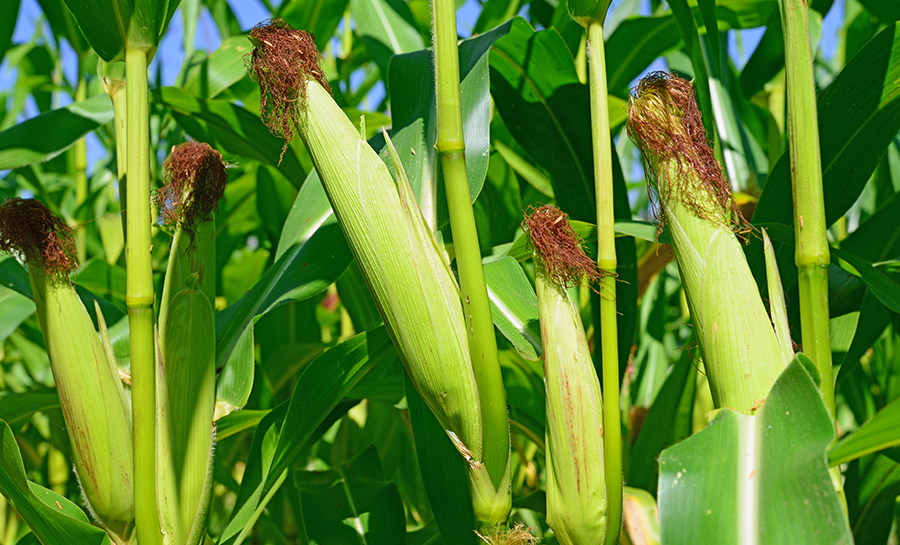
TANZANIA 2- AFLASENSE
Combating Aflatoxin Poisoning Using Smart IoT and Predictive Analytics for Sustainable Food… ➔
Challenge 3
Citizen science supporting water loss management
How might we leverage digital technologies to engage citizens in water loss management and change their behaviours to improve water security?
-

India YA-IN-2 LeakLinks: How Team JalRakshaks is Turning Billions of WhatsApp Messages into Billions of Litres Saved in South Africa
The Silent Crisis Beneath South Africa’s Streets South Africa is facing a… ➔
-

Mexico 1 – Sibonise | Show us the leak!
YA-MX-1 Every year, half of South Africa’s treated water is lost before… ➔
-
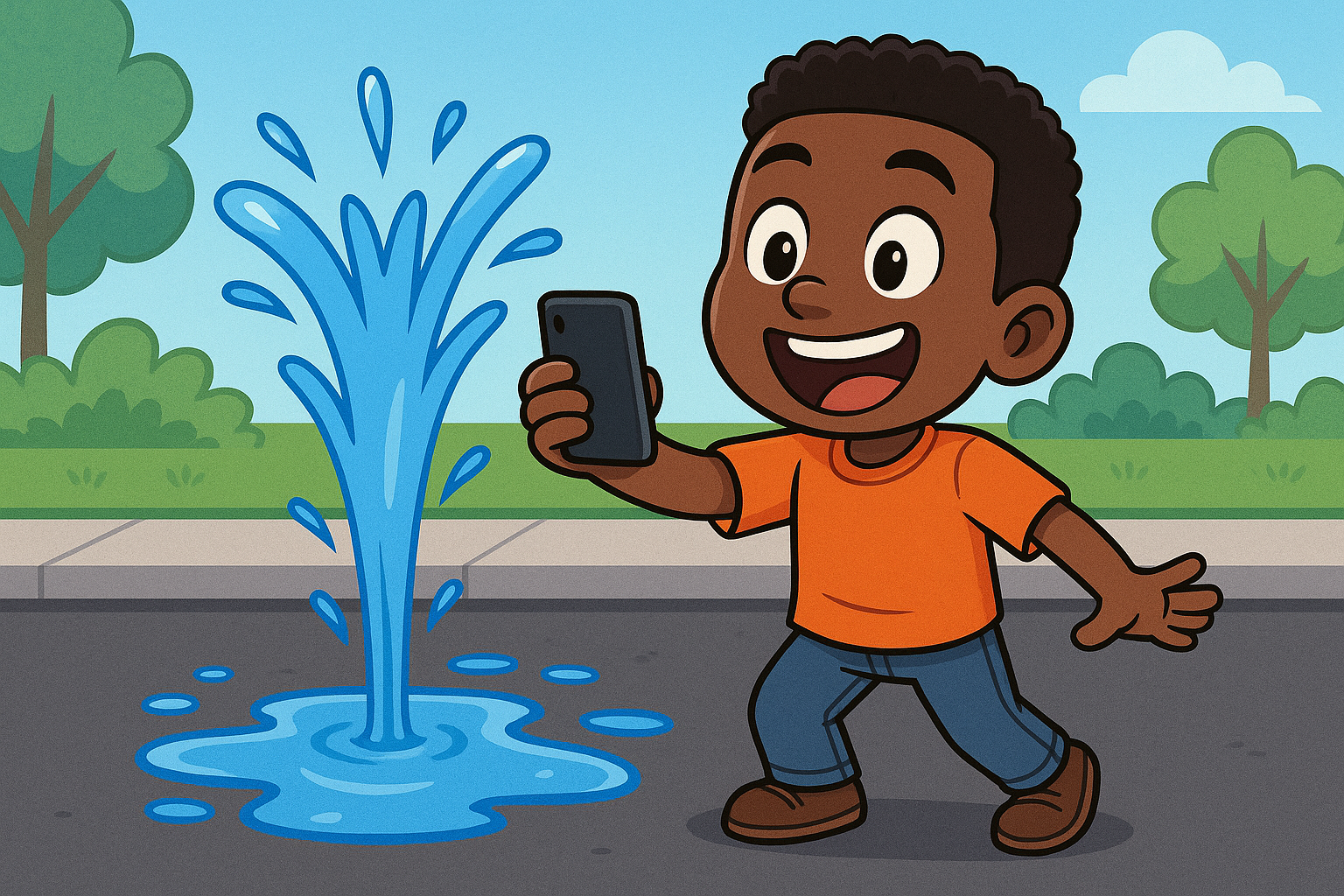
South Africa- 2 Save water
By Ncumisa Matam, Simphiwe Ndimande, Nomcebo Madonsela, Nompumelelo Ndlovu INTRODUCTION Report Leaks!… ➔
-
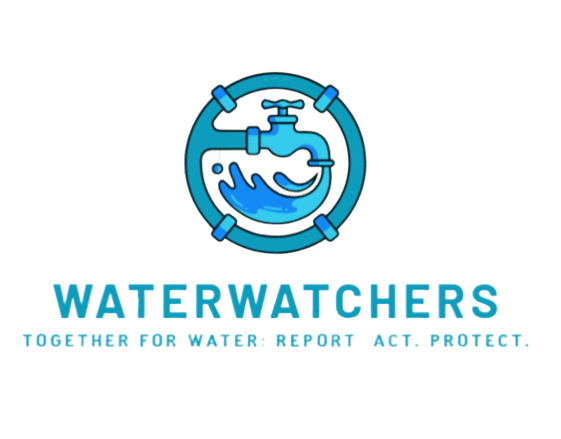
WaterWatchers: Together for water: Report Act ,Protect by YA-DK-2
Challenge 3: How might we leverage digital technologies to engage citizens in… ➔
-
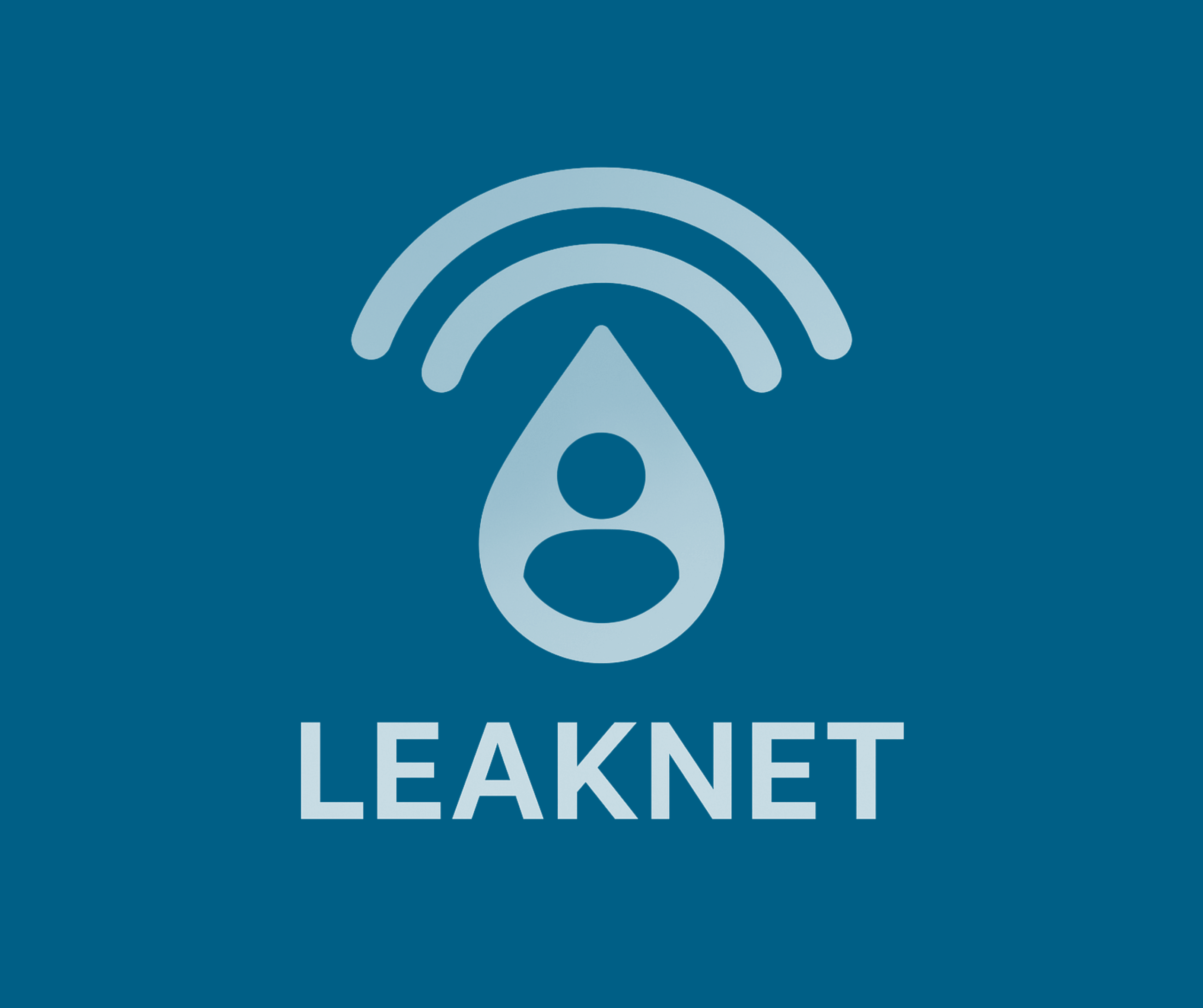
South Africa 3 – LeakNet: Every Drop Counts. Every Citizen Matters.
An AI-enabled platform empowering South African citizens to detect, report, and resolve… ➔
Challenge 4
Transforming Citizen Engagement in Ghana through Large Language Models
How might we digitise parliamentary registers and develop a user-friendly platforms that enhances the use of data and statistics in legislative processes?
-
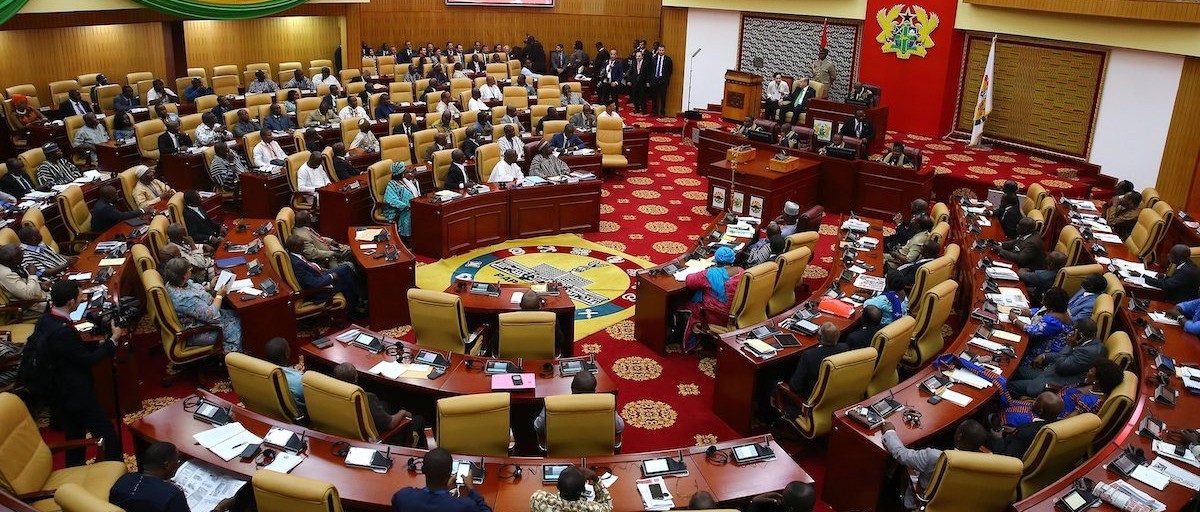
TANZANIA 3- NEXT GENERATION DIGITAL ACTION 2025
PROBLEM CONTEXT: Transforming Citizen Engagement in Ghana through Large Language Models: EnhancingParliamentary… ➔
-
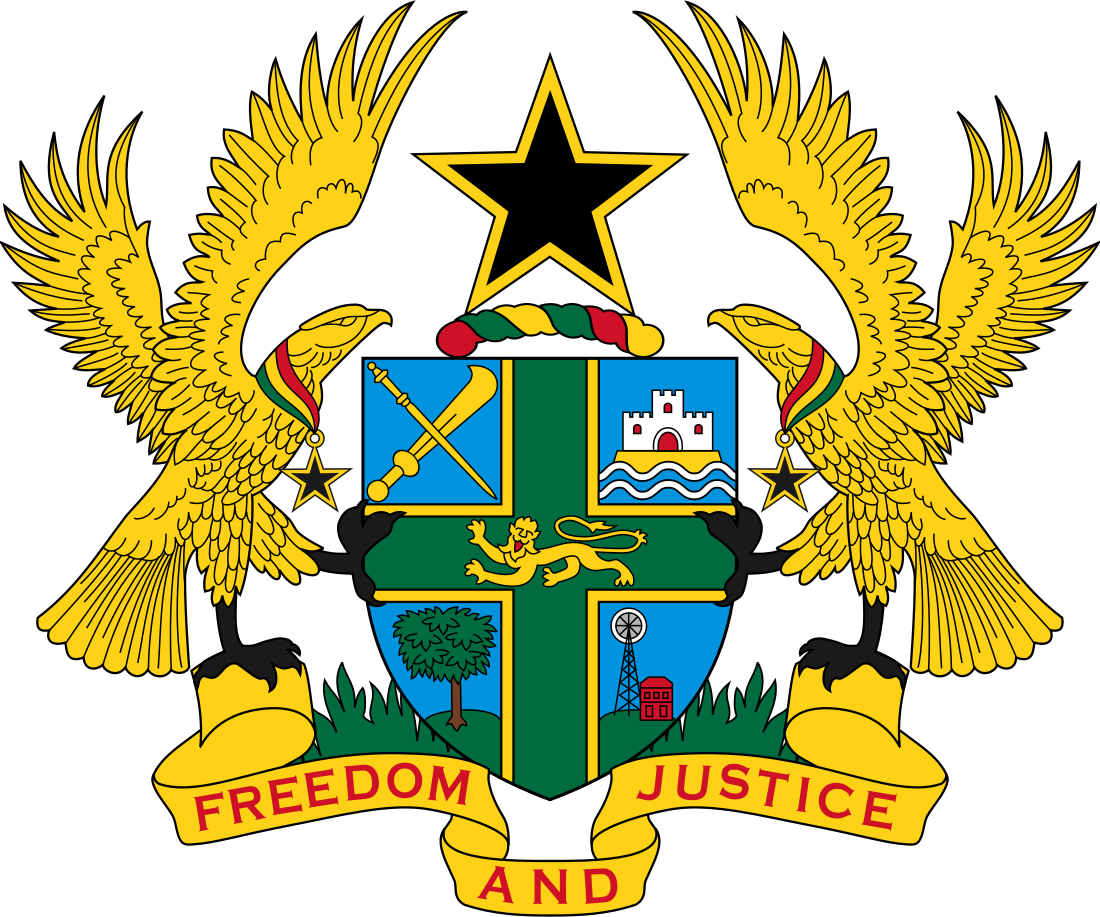
Kenya 3- From Archives to Action: How AI Automation Is Giving Life to Ghana’s Parliamentary Hansard
It started, as many revolutions do, with a problem everyone saw… But… ➔
-
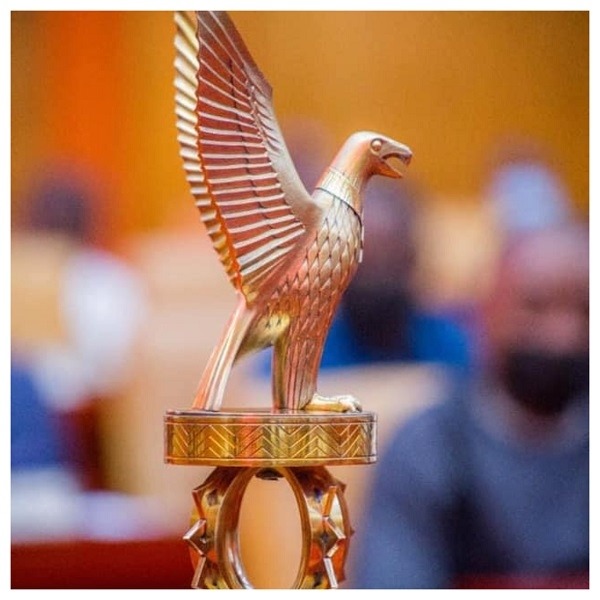
Ghana 2 – Next Generation Digital Action 2025 – Challenge 4
Empowering citizens through accessible parliamentary records for a more transparent democracy. Top… ➔
Challenge 5
Data driven water security and safety in rural India
How Might We create easy-to-use, inclusive digital tools that enable rural households and communities to assess, access, and act on water quality and availability of data?
-
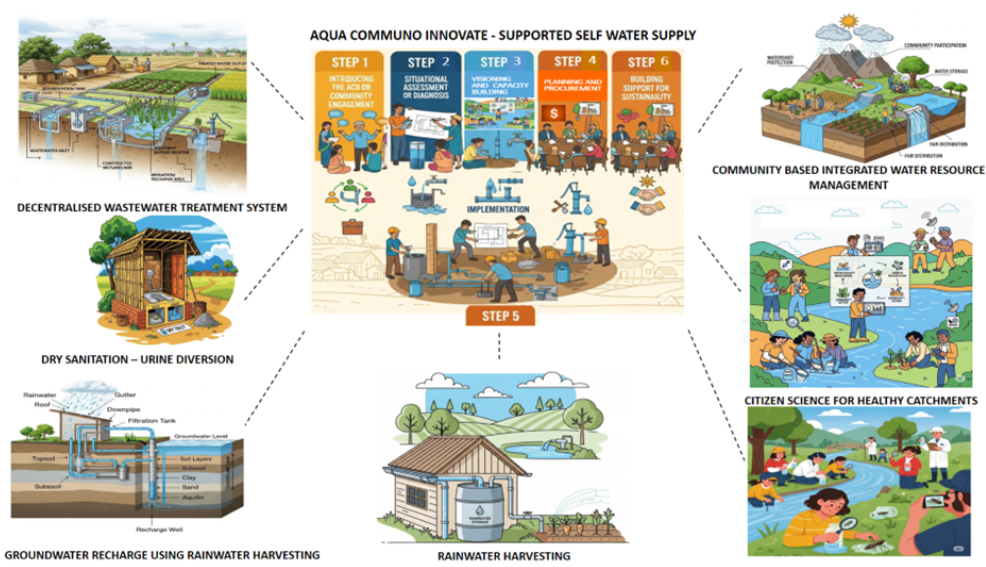
South Africa YA-SA-4 – Aqua Communo Innovate – AI-IoT and Community Driven Integrated Water Security Hub for Rural India
The Problem: Rural India’s Water Security Crisis and Impacts on Achieving SDG6… ➔
-

Bridging the Gap: Data and Community in Water Management
Bridging the Gap in India’s Water Strides India has made great strides… ➔
Challenge 6
Financial transparency in Public Works
How might we use advanced digital solutions to ensure full traceability of public finance flows to combat corruption?
-

Denmark 4 – Nexora
Problem Statement Despite increasing investments in public infrastructure, Bogotá continues to face… ➔
-

South Africa 5
OpenLedger is a web-tool designed to improve financial transparency and fincial security… ➔
-

South Korea 1 – YBRIDGE
The Problem Problem Background Financial transparency in public works is critical worldwide.… ➔





